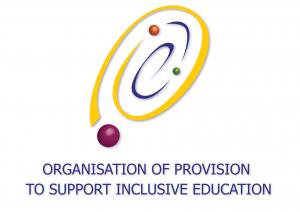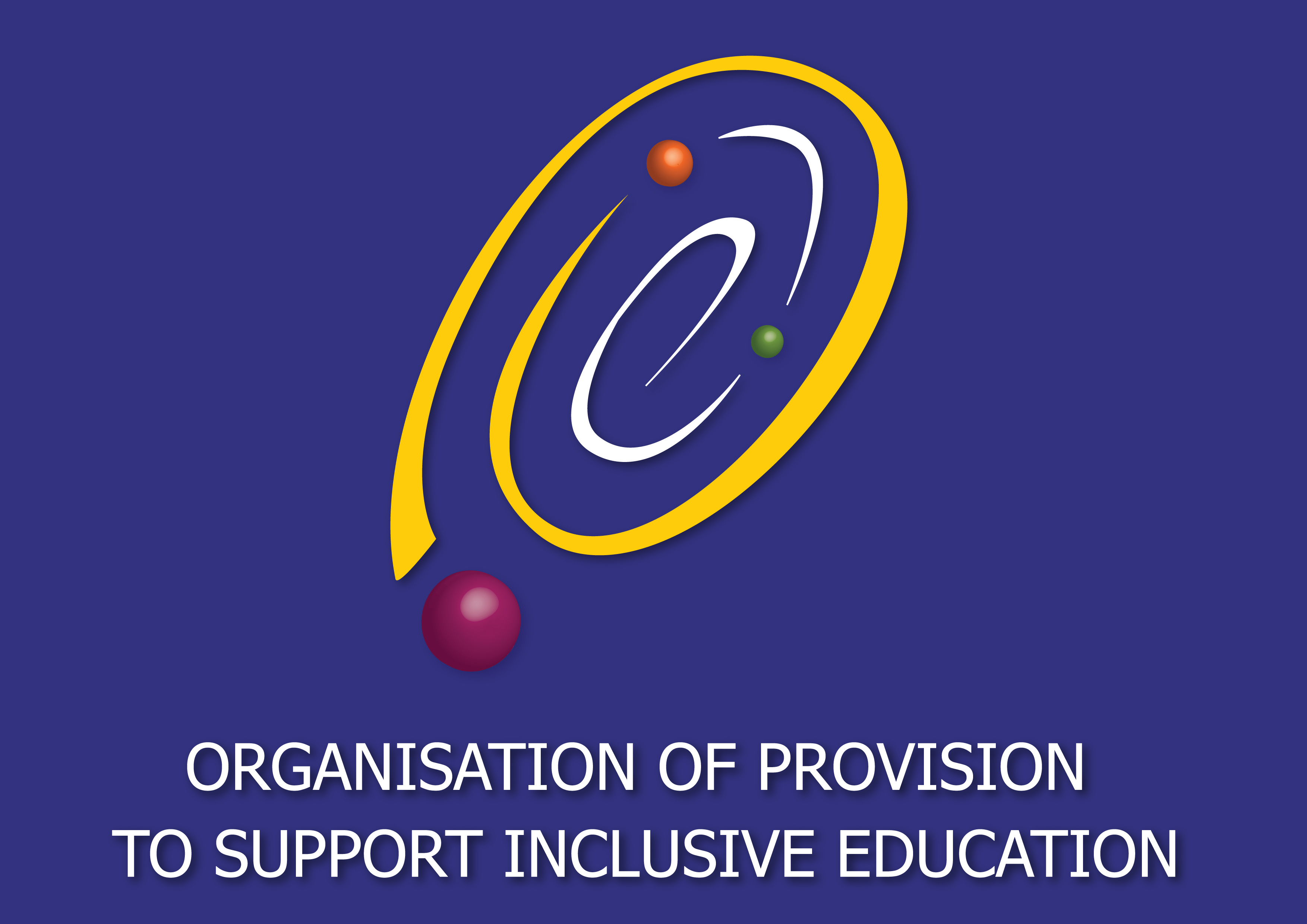Welcome to the Organisation of Provision to Support Inclusive Education project web area!
The topic of organisation of provision to support inclusive education has been identified as a priority for member countries. The Organisation of Provision project explored this area of work between 2011 and 2014.
The key question for this project is: how do countries organise their systems of provision to meet the needs of learners identified as having disabilities?
Project framework
The project used the United Nations Convention on the Rights of Persons with Disabilities (2006) definition of disability and focused on provision in inclusive settings within the compulsory school sector.
The project has:
- Gathered information on how countries currently organise and evaluate provision for learners with disabilities in mainstream schools. This included the developing role of special schools and settings;
- Provided an in-depth analysis of country policy and practice that focuses on the factors (at various levels) that had a major influence on the success of inclusive education;
- Considered the practical implementation of these theoretical ideas and innovative ways forward to improve systems of provision for learners with disabilities in mainstream schools in different country contexts.
Participating countries
The following countries took part in the Organisation of Provision project: Austria, Belgium (Flemish Community), Belgium (French Community), Cyprus, Czech Republic, Denmark, Estonia, Finland, France, Germany, Greece, Hungary, Iceland, Ireland, Latvia, Lithuania, Malta, Netherlands, Norway, Poland, Portugal, Slovenia, Sweden, UK (England), UK (Northern Ireland), UK (Scotland), UK (Wales).
Project activities and outputs
- The literature review draws on relevant research and literature post-2000 and past Agency work.
- Country information has been collected from participating countries via a survey. The outcomes of this survey were used to compile the project final report and to update country information on the Agency website.
- As part of the project questionnaire, countries provided examples of practice. Country visits were undertaken in spring 2013 to five selected countries.
- Following successful visits to the above examples, the five countries involved each hosted a seminar in autumn 2013.
- Findings from the project research, visits and thematic seminars, together with recommendations for this area of work have been summarised in the project synthesis report, available in 22 languages.
- An additional material is a policy brief which contains key recommendations for policy makers.
- The project findings have also been used to produce an online resource for Increasing Inclusive Capability, in order to support decision-makers at national and local levels in moving towards more inclusive approaches.


